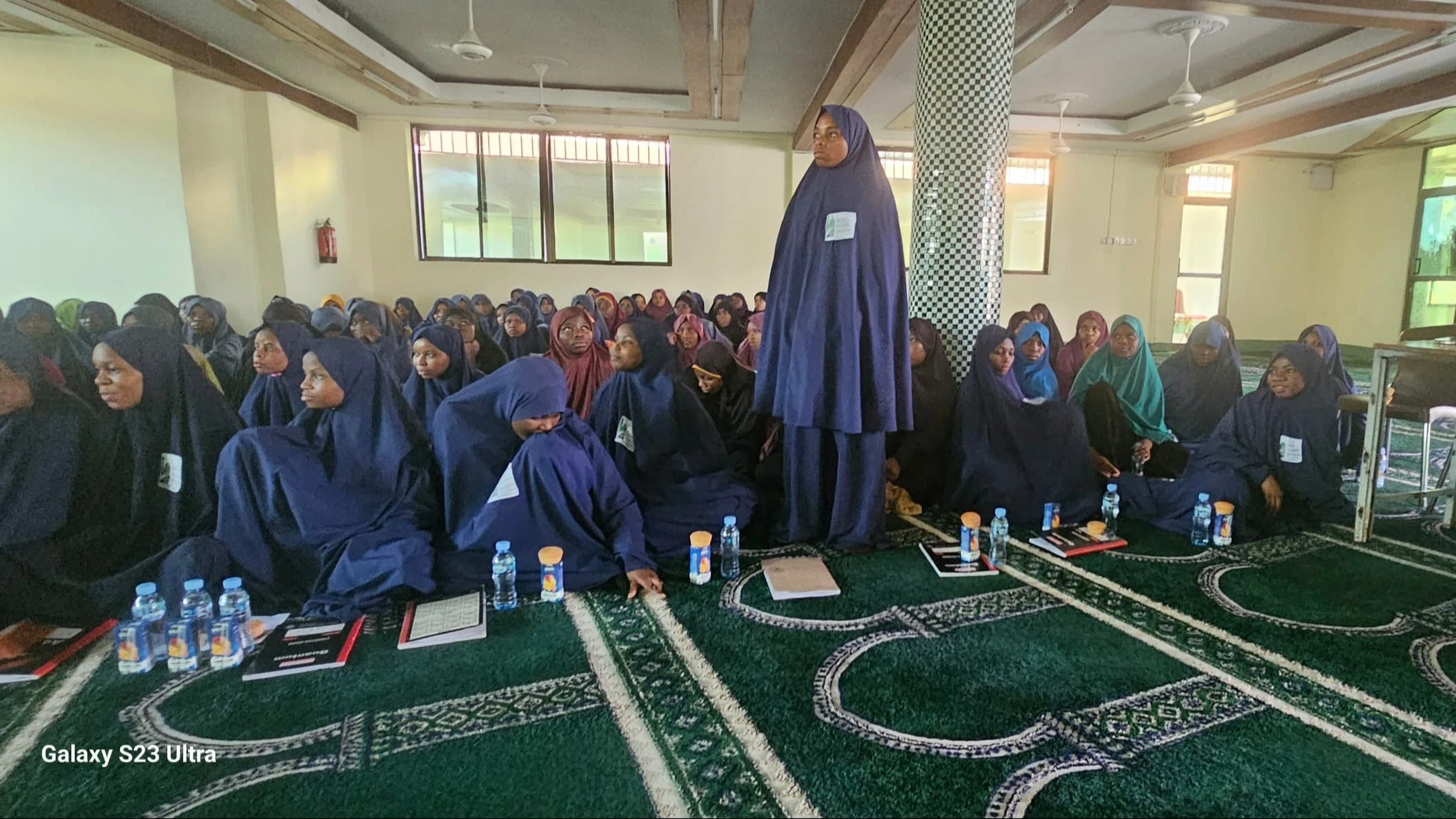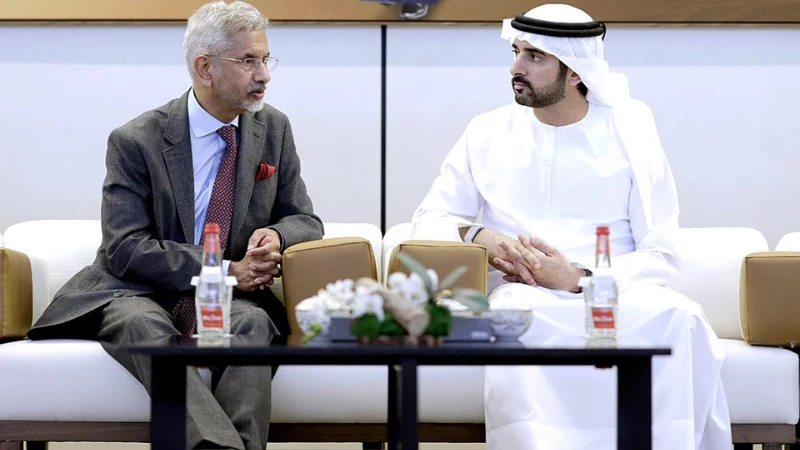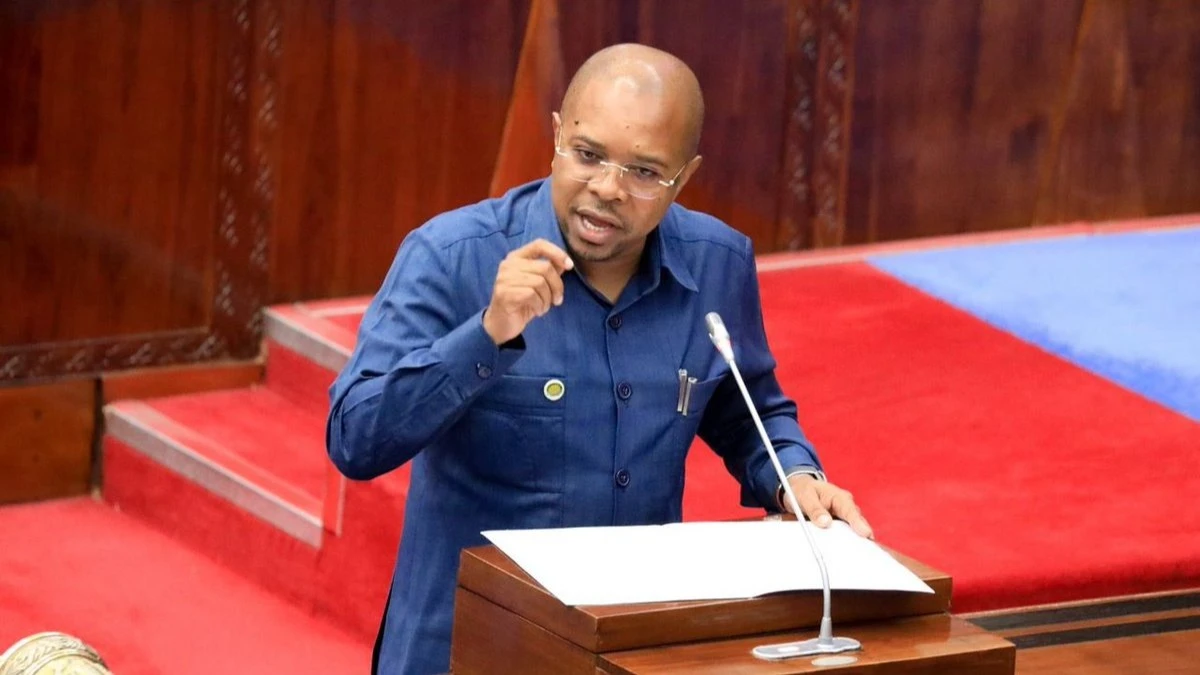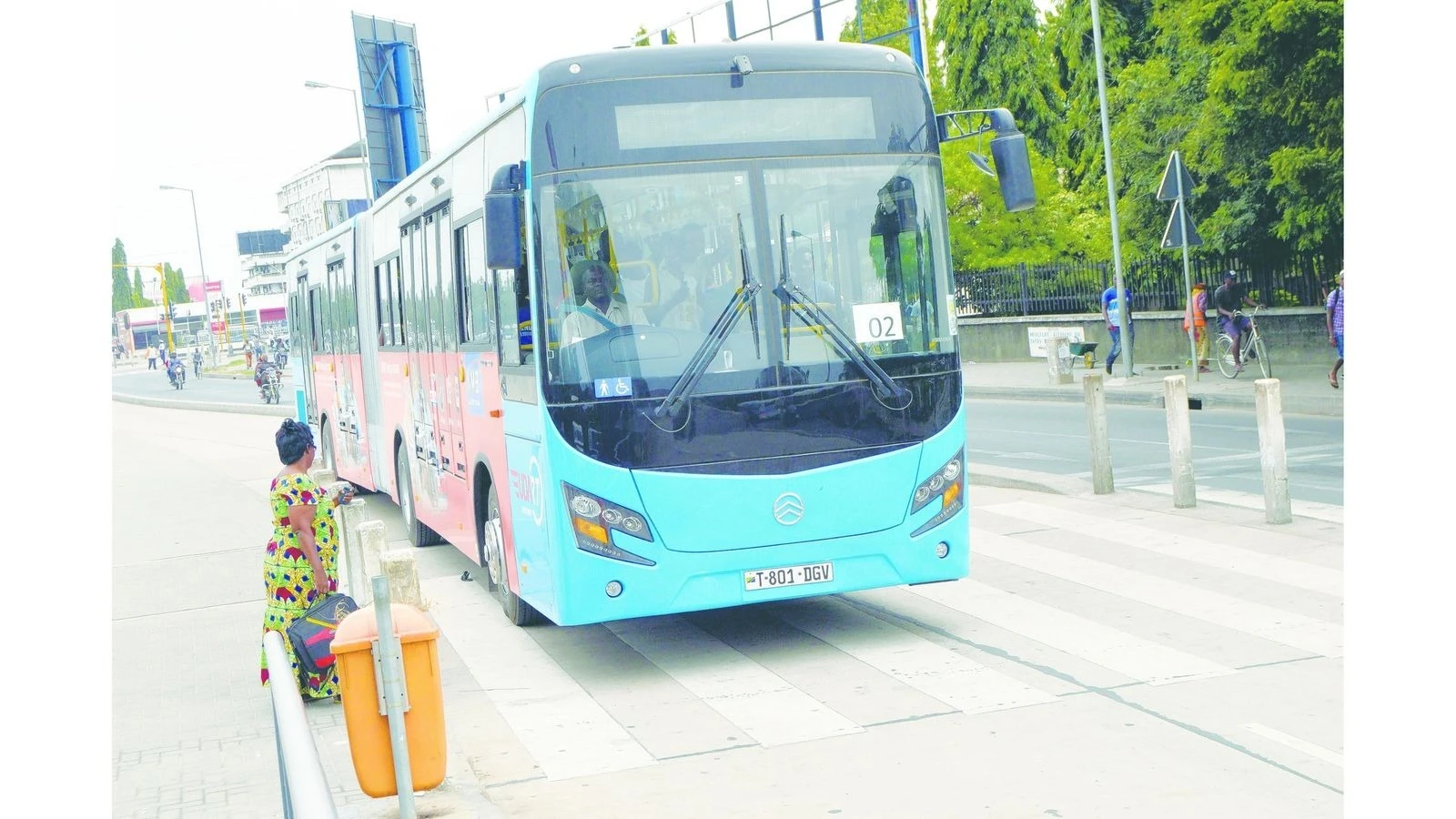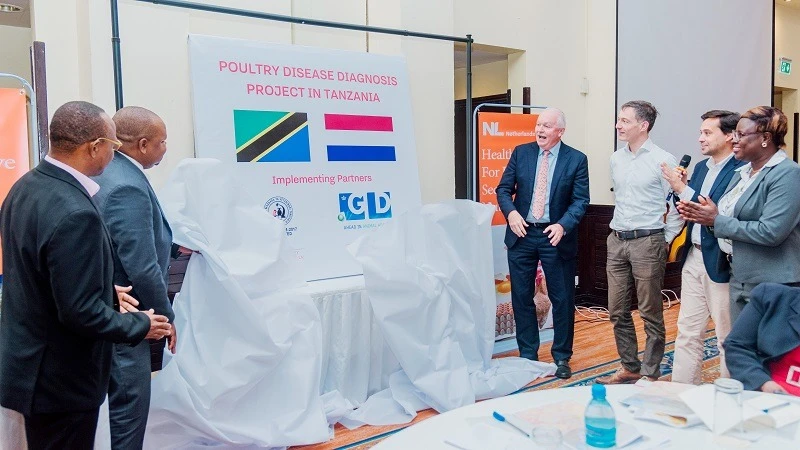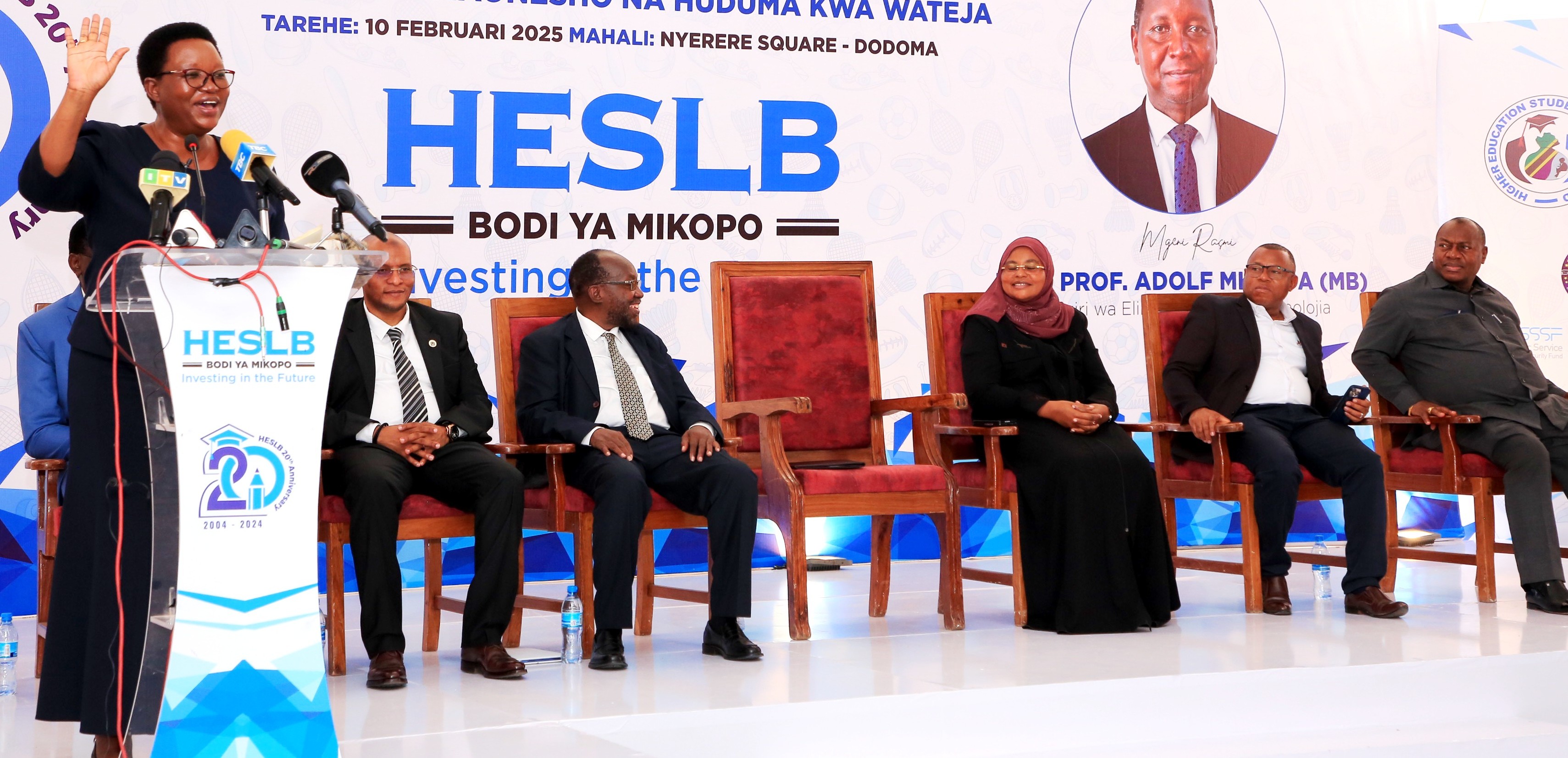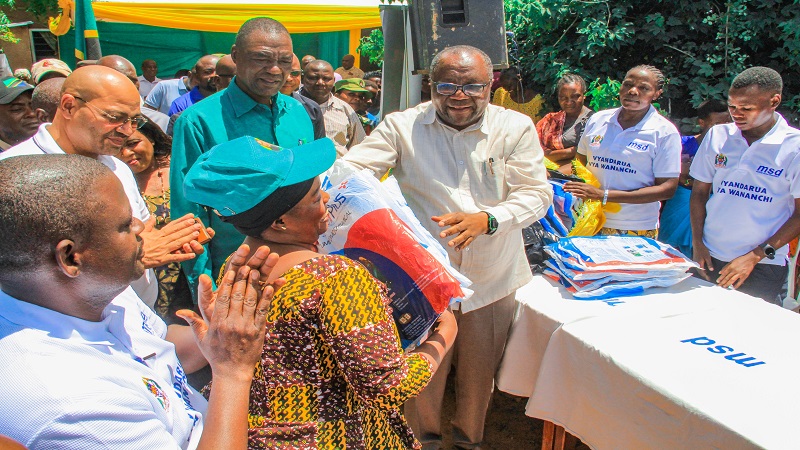Index launched to improve prosperity for residents in Dar’s poor settlements
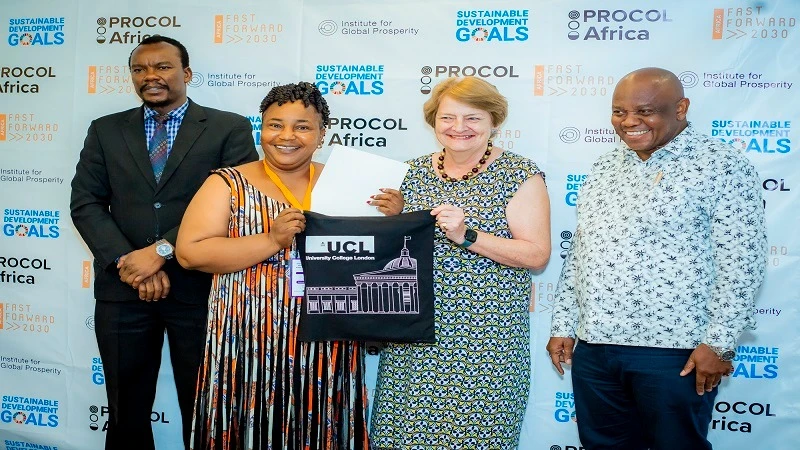
A TEAM of researchers from the Institute for Global Prosperity (IGP) at University College London (UCL), alongside community members in Dar es Salaam had launched the Maisha Bora Index to better understand what constitutes a good life for residents of informal settlements.
The innovative, community-led research initiative was designed to assess prosperity in three unplanned settlements: Mji Mpya in Ilala District, Bonde La Mpunga (Kinondoni) and Keko Machungwa in Temeke.
The Maisha Bora (‘Good Life’) study, led by Dr Saffron Woodcraft and Festo Makoba of University College London (UCL), is a project that explored what prosperity truly means to those living in the underdeveloped areas.
Co-designed and co-produced by community members, local leaders, and the Centre for Community Initiatives (CCI) in Dar es Salaam, the study conducted for over three years, aimed to create new ways of measuring prosperity that genuinely reflect people lives experiences and highlight the factors that support or prevent good life.
Saffron Woodcraft, Principal Research Fellow at UCL’s Institute for Global Prosperity, emphasised that the research has been conducted directly within the communities by local residents trained as ‘citizen scientists’ through the UCL Citizen Science Academy.
The community members were employed by the CCI to carry out interviews and surveys, collecting data from a diverse range of residents, including marginalised groups such as people with disabilities and the elderly.
“The Maisha Bora Index is not just about gathering data. It’s about creating a tool that enables communities, NGOs, and local officials to work together to improve the lives of residents,” Woodcraft said. “The index measures prosperity based on infrastructure, access to basic services, and environmental conditions, all of which are critical for residents’ quality of life,” she said.
The study, which included surveys of over 1,000 households, also conducted workshops to analyse the findings and co-design a ‘Maisha Bora model’ with the factors that support good life. The final product, the Maisha Bora Index, assesses prosperity levels in each settlement and across different socio-economic groups, providing an important resource for local governments and stakeholders.
As part of the initiative’s next phase, CCI and citizen scientists now pilot community-led interventions in Mji Mpya, using the Maisha Bora Index data to address key challenges such as solid waste management, access to clean water, and the need for reliable green energy solutions.
The Maisha Bora Index has uncovered several pressing challenges in the settlements. Solid waste management remains a significant issue, with inadequate systems in place to handle waste disposal.
Access to clean water continues to be a problem, with some residents still relying on unsafe sources. Furthermore, a lack of reliable, clean energy is a major concern, affecting students’ ability to study at night and increasing reliance on firewood, which leads to environmental degradation and health problems.
To further help tackle some challenges, a team of Kenyan entrepreneurs, specialising in sustainable technologies, has partnered with local scientists and community members. The initiative, which draws on decades of work across Africa, emphasises co-creation and local engagement to develop sustainable, long-term solutions tailored to the community’s needs.
“We are not just conducting research. We are working alongside local communities to create real, practical solutions that address their specific needs and challenges,” Woodcraft said.
The collaboration also includes entrepreneurs from Tanzania, with the goal of fostering innovation in areas like clean energy, water access and waste management. The efforts aim to generate new business opportunities while improving residents’ quality of life.
In addition to the local innovations, the initiative seeks to build stronger partnerships with Tanzanian universities, innovators, and entrepreneurs, creating a deeper connection between research and actionable solutions.
Prof. Moore emphasised the importance of community-driven solutions, stating, “The Maisha Bora Index empowers local communities to drive change by providing them with the tools they need to shape their future.”
As Tanzania faces challenges like rising debt, shifting global politics, and the impacts of climate change, local, community-driven solutions are becoming increasingly vital for sustainable development.
The research and the Maisha Bora Index could serve as a model for other cities in Africa facing similar challenges. Through continued collaboration, the project hopes to create a roadmap for building more resilient, sustainable urban communities in Dar es Salaam and beyond.
Dr Tim Ndezi, executive director of CCI, added that the next step is to develop a policy brief based on the findings, which will be submitted to the government for further action. He noted that citizen scientists play a crucial role in driving social change through research.
“This project is the first of its kind in sub-Saharan Africa, with citizen-led research defining and measuring prosperity to generate shared well-being,” Ndezi said.
Eng. Mussa Natty, Senior Urban Resilience Specialist at the World Bank Tanzania, emphasized that the research will improve urban planning and reduce poverty, helping policymakers develop projects that address the real needs of the population.
Prof. Wilbard Kombe from Ardhi University also noted that the Maisha Bora Index’s findings will provide valuable guidance for local communities and ensure that the people’s voices are at the forefront of development efforts.
He said the Index will not only improve the lives of those in Dar es Salaam’s informal settlements but also offer a model for community-led, evidence-based solutions that can be replicated across the country.
George Miringay, Principal Town Planner President Office- Regional Administration and Local emphasised the importance of the Maisha Bora Index and its timely arrival, noting that it aligns with the government’s ongoing efforts to transform the country into a more inclusive and robust economy.
He highlighted that the index provides valuable insights into local conditions, which will be instrumental in making informed decisions and formulating policies that effectively address the needs and challenges faced by communities.
Miringay affirmed that the data from the index will play a critical role in shaping future development strategies and ensuring that interventions are targeted, relevant and impactful.
He thanked the Institute for Global Prosperity and CCI for their research, which has produced findings and an index that will play a crucial role in driving change within society, starting from the grassroots level.
He said that the government has already directed local authorities to focus on improving economic development at the local level, and that the Maisha Bora Index will be an invaluable tool in achieving the goal.
Miringay emphasised that with the resources available within local communities, challenges can be turned into opportunities, leading to tangible improvements in people's lives.
Top Headlines
© 2025 IPPMEDIA.COM. ALL RIGHTS RESERVED












